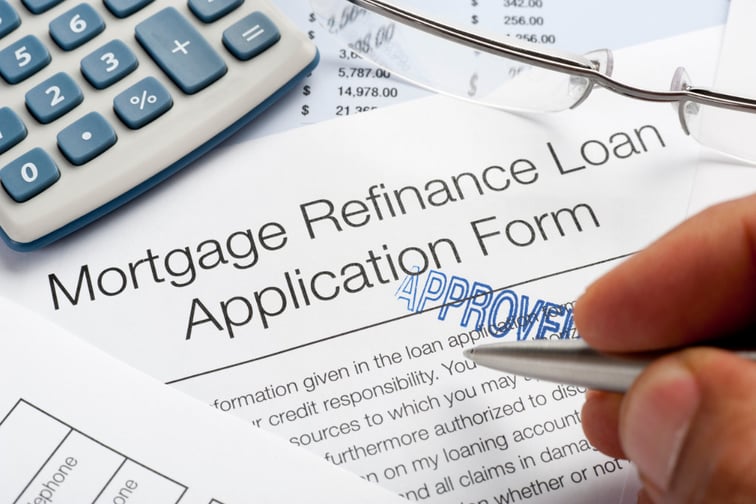

Loan refinancing volumes have continued to show strong levels of mortgage refinancing activity – this as home loan borrowers are being impacted by the largest and fastest series of rate rises on record in Australia.
On Tuesday, the Reserve Bank delivered its ninth consecutive rate hike, bringing this current series of rate rises to 325 bp in less than a year. The central bank has also continued to flag the possibility of further rate hikes in a bid to tame inflation.
PEXA’s Refinance Index in the week ending Feb. 7 was 172.5 points, down by 1.3% from the previous week in seasonally adjusted terms (but up by more than 25% in original unadjusted terms). The figure was also up by 16% from the same week in 2022 and down by 5% from the record high of 182pts at the end of December, both in seasonally adjusted terms.
“The relatively direct transmission of interest rate rises to variable mortgage rates will continue to take ever-larger chunks of income away from mortgage-bearing households through 2023,” said Julie Toth, PEXA chief economist. “Refinancing and loan renegotiation activity is likely to remain elevated, as mortgagees seek to reduce their mortgage costs.”
An increasing number of fixed-rate mortgage holders are also rolling off their fixed-term tenures and into a very sudden and sharp rise in their mortgage costs.
“In total, the RBA estimates that a third of outstanding housing credit (by value) is currently mortgaged at a fixed rate (and fixed term), and that more than 800,000 fixed rate loans are due to expire during 2023. All of these loans will be reset at a higher cost,” Toth said.
“Among both variable-rate and fixed-rate mortgagees, these rate rises are disproportionately affecting middle-income suburban mortgage holders who purchased their home (or an investment property) during the past three years of record-high housing prices and record-low interest rates. More recent mortgagees tend to have larger mortgages and higher mortgage costs relative to their incomes, compared to homeowners with older loans. With property prices receding from their recent record peaks in many suburbs, increasing numbers of mortgagees will face higher mortgage-to-valuation ratios on their home.
“This change in valuation ratios will materially affect the way in which affected mortgage-holders respond to rising rates, via mortgage refinancing or property resale. At its worst, this situation can push mortgage holders into reluctant sales, negative equity, so-called ‘mortgage prison,’ and/or financial stress.”
Visit the PEXA website for more information.
Use the comment section below to tell us how you felt about this story.
